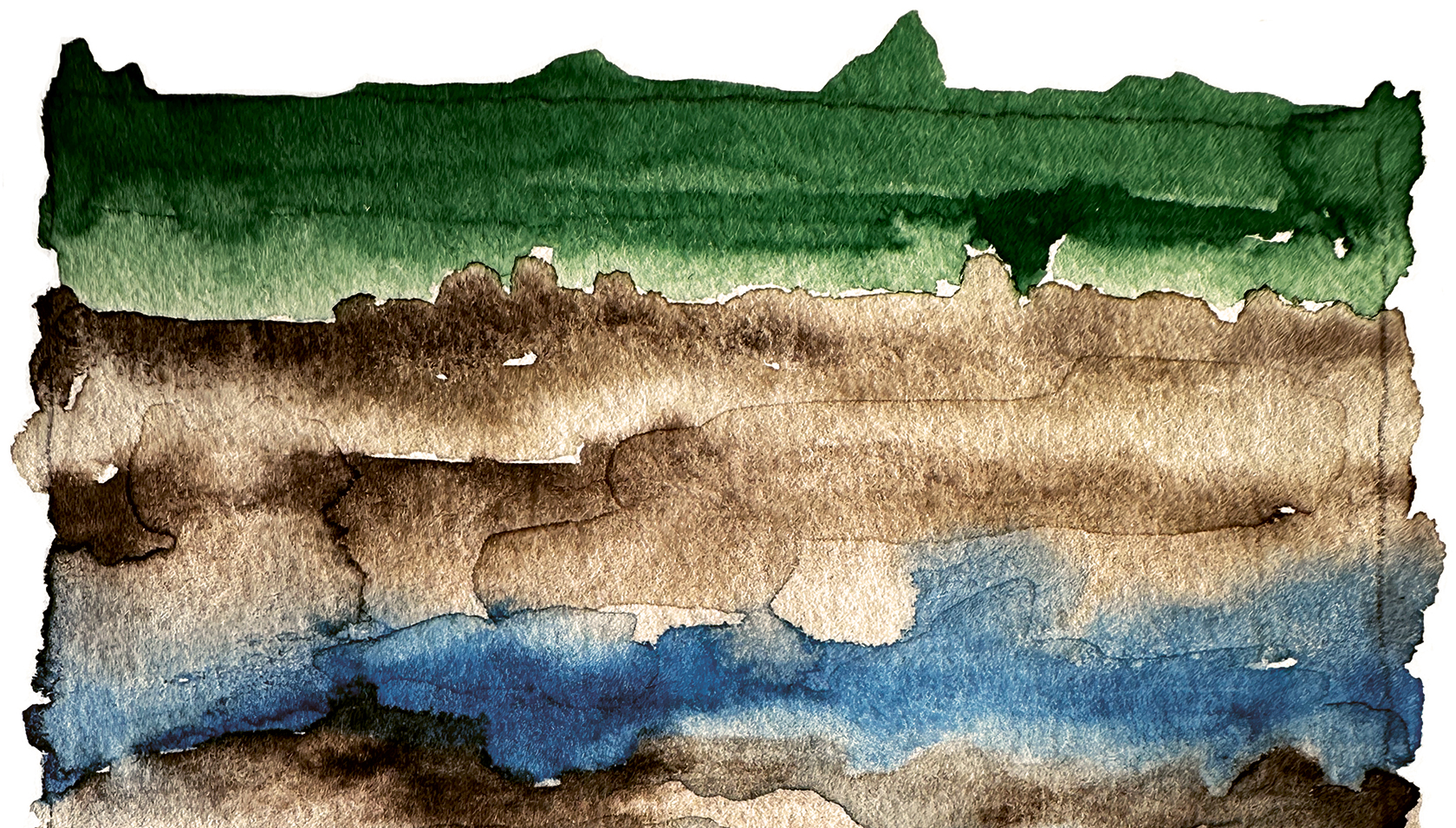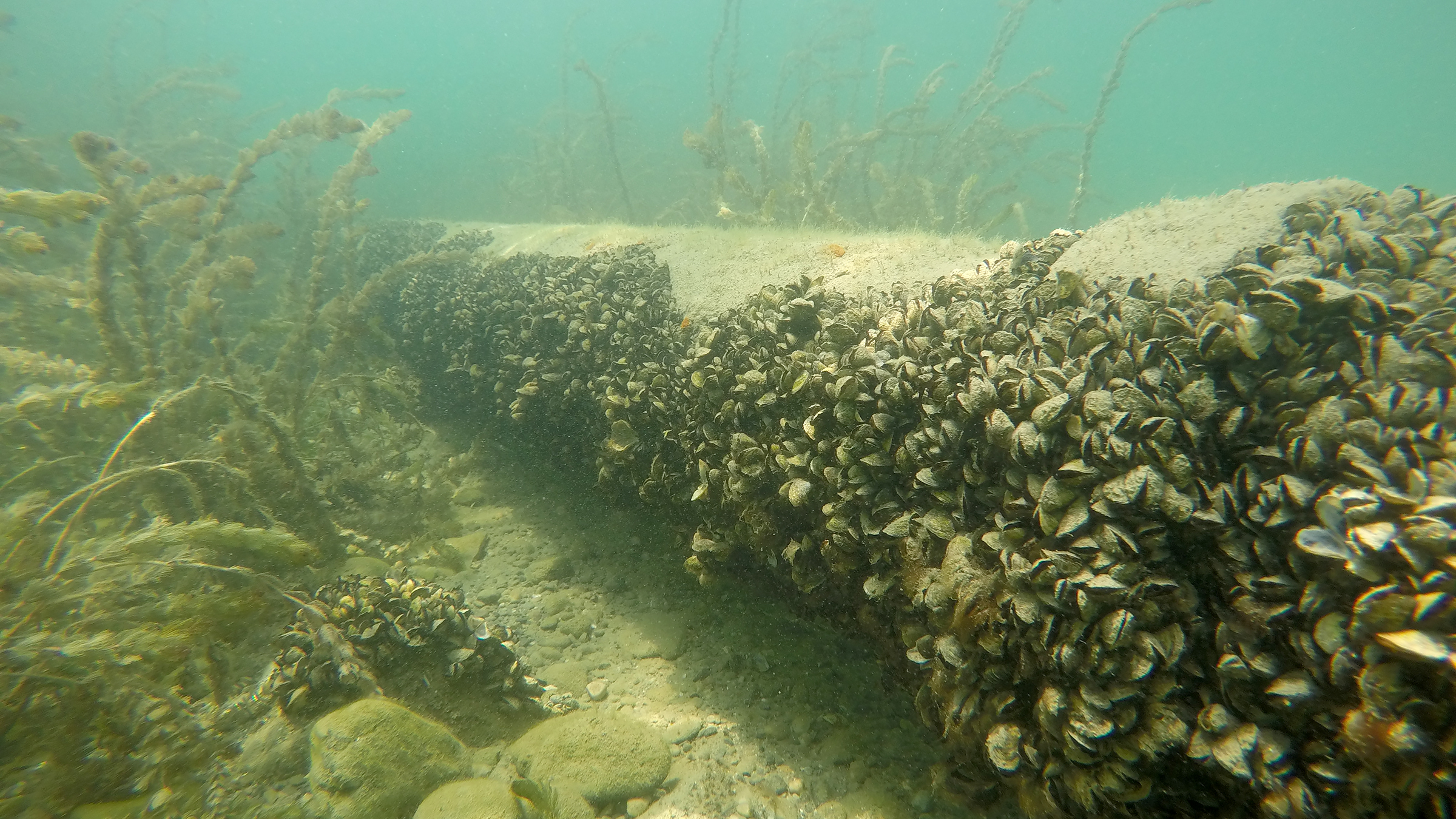Science that matters
Eawag is one of the world’s leading aquatic research institutes. With its professional diversity, close partnerships with practitioners and an international network, Eawag offers an excellent environment for the study of water as a habitat and resource, for identifying problems at an early stage and for developing widely accepted solutions.

The latest news from Eawag
The latest news from Eawag

Rare earths pollute Zurich's waters
February 10, 2026

New Biodiversity Center of WSL and Eawag
January 27, 2026

ETH Medal for Lisa Deutsch
January 26, 2026

Research meets the future: AI for sustainability
January 23, 2026

Temporal changes in leaf fall have consequences for ...
January 23, 2026
















